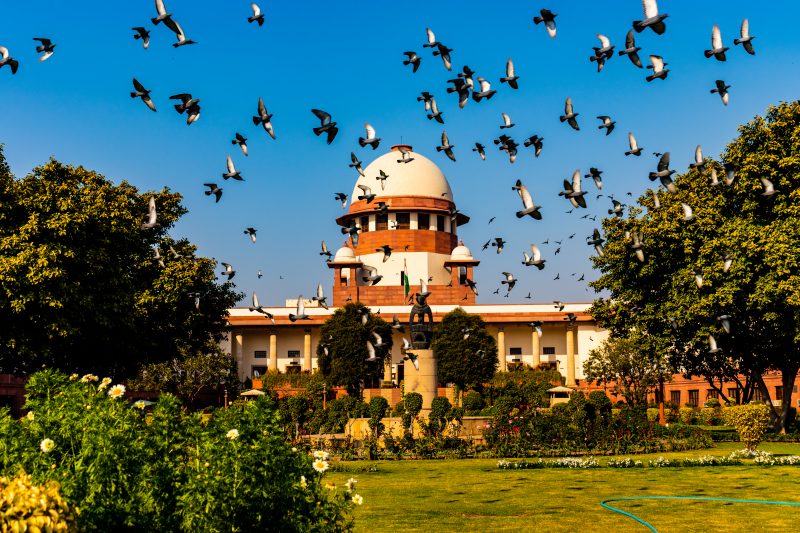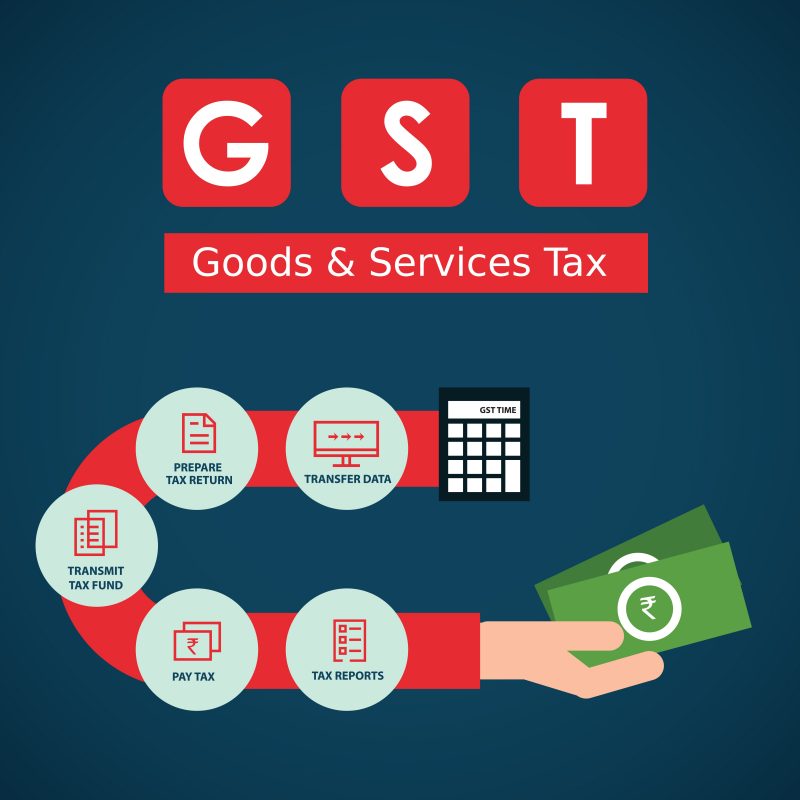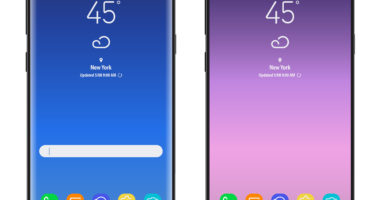Both the Ministry of Law and the Ministry of Electronics & IT (MeitY) maintaining a distance from forming intermediary guidelines. Consequently, the IT Minister Ravi Shankar Prasad has instructed the top officials from both the ministries to meet up. The meet up is said to be done on priority to resolve the differences and conclude with the norms. Intermediaries in the subject are social media platforms such as YouTube, Twitter, TikTok, Facebook, and others.
As per the schedule, the MeitY had to present the final guidelines before the Supreme Court on or before 15 January 2020. However, an extension was requested regarding the same until the last week of January and, then, the ministry failed to meet the extended deadline. It is said that the intermediary guidelines’ draft was shared with the law ministry for review a few weeks ago, and they haven’t finalised it yet.
On the other hand, the law ministry considers the work of MeitY commendable. However, a part of the ministry thinks that some of the stringent amendments such as the traceability or flagging user and non-user content could be left out. This is because the government is already in the process of concluding with the Personal Data Protection (PDP) Bill that deals with aspects such as data localisation.
Also Read: NIC Builds Instant Messaging App for Government Communication
Further, the PDP Bill was placed before Parliament on 11 December 2019. A joint parliamentary committee vets the bill. MeitY believes that the draft guidelines are necessary because fake and adultered content has been growing larger every day. The government has to have a mechanism to deal with such issues at least until the Parliament accepts the bill.
The draft guidelines released in December 2018 did not receive favour from social media platforms and tech companies. They stated that prohibiting the publication of content that threatens public health and safety may violate the right to free speech as per Article 19 (1).
Intermediaries deploying tools for removing access to unlawful content seems contrary to a recent judgement of the Supreme Court on user privacy. Also, intermediaries with more than 50 lakh users must set up a company in India. However, the calculation of this number is not defined. These criteria are not well accepted by social media and tech companies as well as a part of the civil society.
For any clarifications/feedback on the topic, please contact the writer at apoorva.n@cleartax.in





